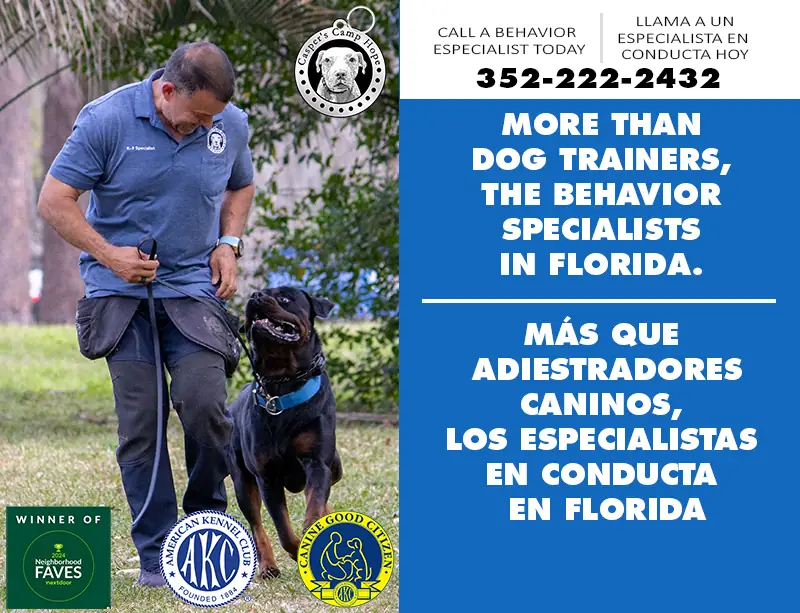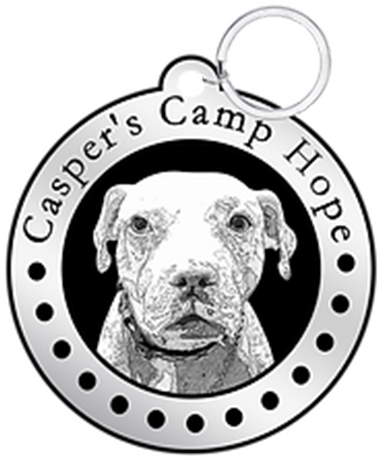If you’re searching for dog training or gainesville fl dog behaviorist, you want someone who understands independent breeds. We keep training structured, fair, and consistent.
A lot of families around town start with basic obedience—and that’s great. But when you’re dealing with braking, lunging, anxiety, or scary moments, you usually need more than a quick class. You need dog behavior modification with a plan. At Casper’s Camp Hope Dog Training, we focus on florida dog training and rehabilitation—the kind that helps dogs learn calm, reliable behavior in the real world.
To be able to have some control in different situations at least basic dog training is a must for any dog. Let's make this relatable: you just wanted a quick walk. Maybe youre near Duckpond enjoying the trees, or youre in University Park dealing with scooters, joggers, and surprise dogs around corners. Then it happens your dog loses it. Barking. Lunging. Your heart rate spikes. And later youre asking your phone: How do I fix leash reactivity?
Heres the truth: leash reactivity isnt your dog being stubborn. Its usually fear, frustration, or over-arousal. With the right dog behavior modification plan (and consistent dog training), you can absolutely change it.
If your dog struggles with triggers, we may start with leash reactive dog training or even aggressive dog training protocols depending on safety and history. The goal is the same: a dog who can think, respond, and recover.
Reward calm, not chaos. Mark and reward the moment your dog notices a trigger and stays neutral. Use predictable structure. A consistent routine reduces anxiety-driven reactions. Train for the sidewalk, not the living room. Real progress comes from practicing around distractions. Get a plan that includes safety. The right tools and handling matter when you’re dealing with aggression or intense reactivity.
At Casper’s Camp Hope Dog Training, we specialize in the dogs that other people label “too much.” We’re the behavior specialists in Florida, and our work centers on florida dog training and rehabilitation, including reactive dog training and aggressive dog training.
At Casper’s Camp Hope Dog Training, we’re known as the behavior specialists in Florida. We focus on florida dog training and rehabilitation for dogs who need more than basic obedience. That includes reactive dog training, leash reactive dog training, and aggressive dog training when safety is a real concern.
Feel like your dog’s in charge at home? If you’re in Gainesville—maybe Haile Plantation, Millhopper, or University Park—you’re not alone. Many owners deal with leash reactivity, resource guarding, or stubbornness. Dogs don’t just “grow out of it.” They need structure and leadership.
Even the friendliest pups in Gainesville can get stubborn or reactive. It’s not about being harsh—it’s about providing clear, consistent boundaries. Dogs thrive when they know what’s expected. Don’t let your dog “win” those little standoffs. Stay calm and stick to your expectations. Dog training advice for happy dogs and great relationships.




